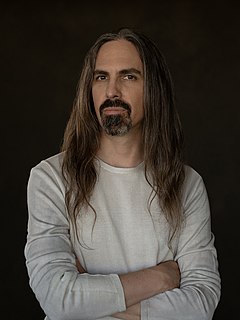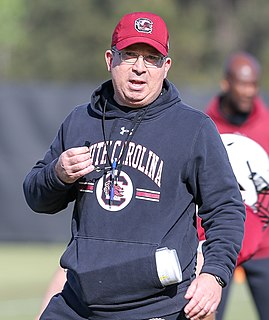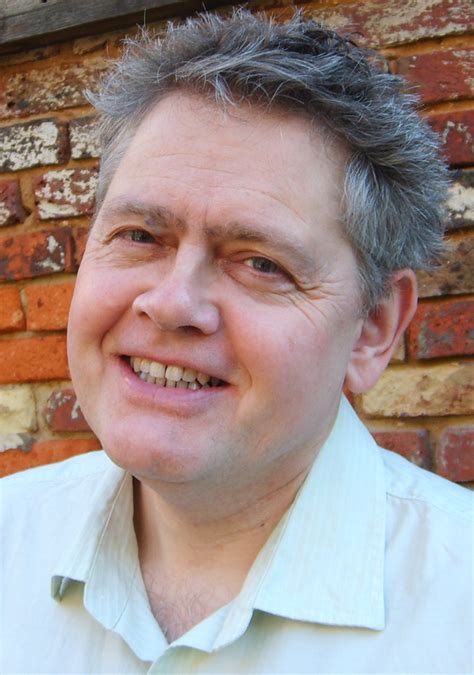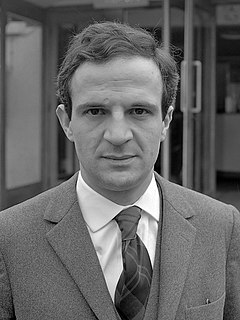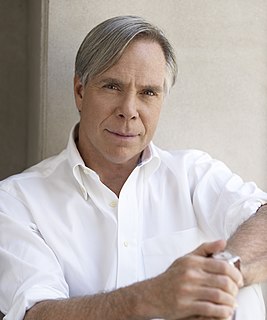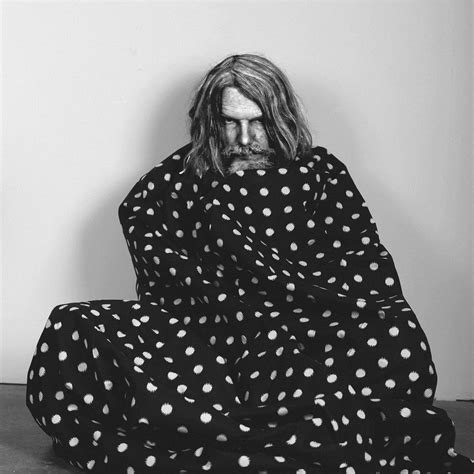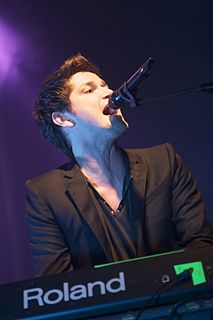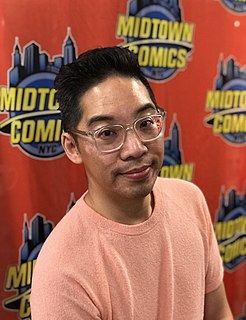A Quote by Bear McCreary
I've always approached television from a little more cinematic perspective, if not a much more cinematic perspective because of the shows I have been fortunate enough to work on.
Related Quotes
When you're writing a script you have the option to embellish on life or switch the order of events or make it generally more cinematic. I would stick too closely to my own experience and not necessarily think about the fact that it needs to have an event happen. Realising that I could channel my own experience into a story that was slightly more cinematic was a very important moment for me - allowing myself to accept that the kind of screenwriting I'm doing is a work of fiction.
Every opera, because every opera is a unique slice of a particular perspective, historical perspective and psychological perspective if not musical style, and so forth, they all present different challenges. Some can be musically very challenging, some can be psychologically more challenging. There is always something that requires a pretty specific amount of energy and attention.
What is missing in a lot of urban music is perspective. You hear a lot of regurgitated perspective. It's a lot of: out at the club. Had drinks. Patrón. Big booties. It's this regurgitated idea of living in this, I don't know, one-night-stand moment that always starts at the club and Patrón. And so perspective, perspective, perspective is what I'm an advocate of.
